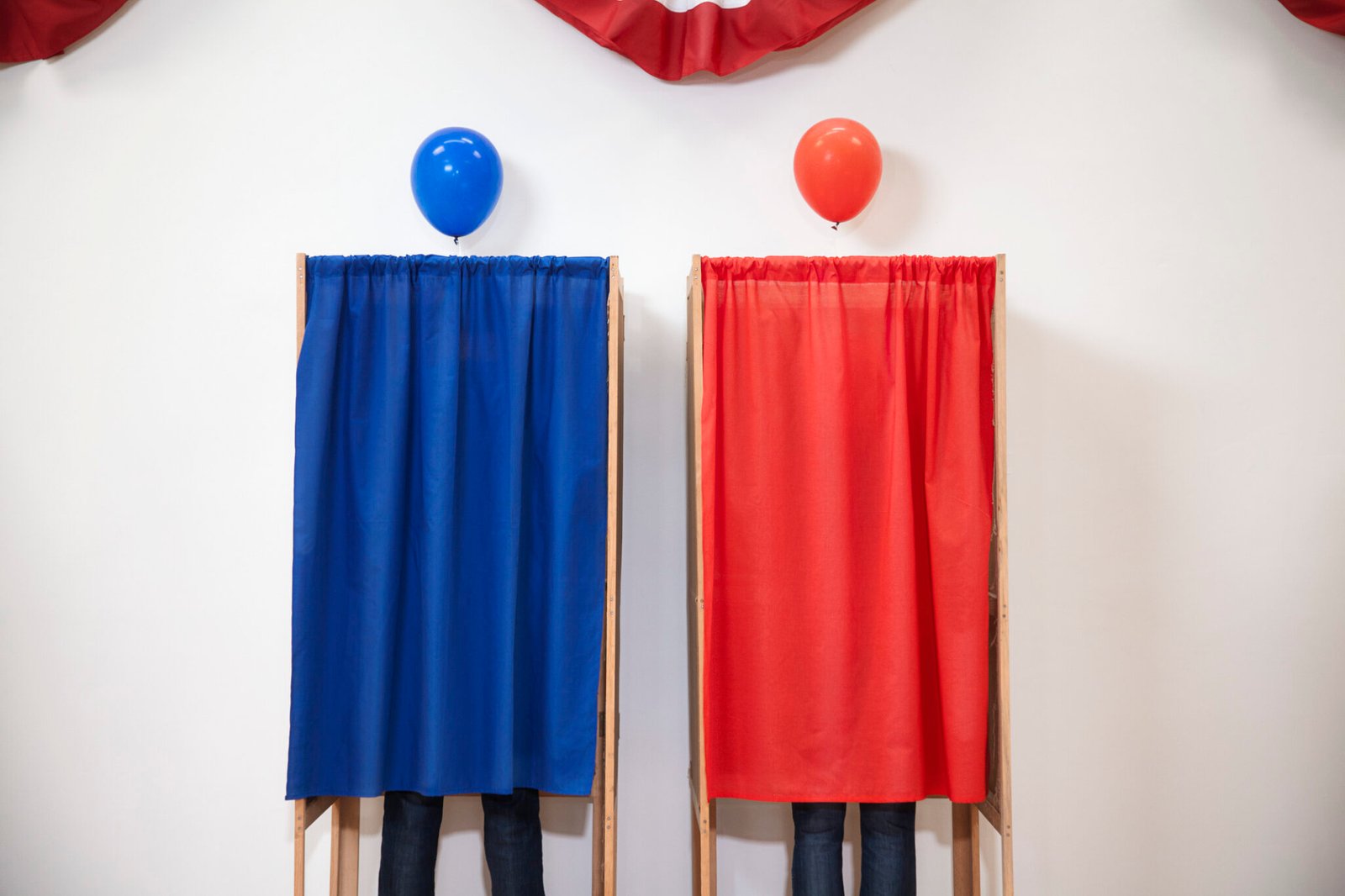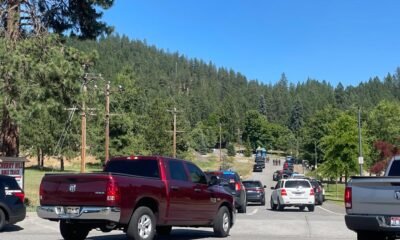2024 election
Arizona AG Clarifies Key Voter Registration Law After SCOTUS Green Light

Arizona Attorney General Kris Mayes has issued guidance to county recorders regarding a recent U.S. Supreme Court ruling that affects the state’s voter registration law. This decision comes just 10 weeks before the upcoming election.
The Supreme Court ruled on August 22 that Arizona can enforce parts of a voter registration law currently challenged in federal court. The ruling allows the state to restrict voter registrations under specific conditions.
This law, approved by voters in 2004, mandates proof of citizenship for voter registration. However, the National Voter Registration Act of 1993 requires states to accept federal voter registration forms, which lack this certification. A prior ruling in 2013 established that Arizona cannot reject these federal forms.
Currently, Arizona operates a dual system. Voters who can prove their citizenship can participate fully, while those who only attest to their citizenship under penalty of perjury are limited to federal elections. This impacts approximately 32,000 voters, many of whom are students.
In a significant development last month, the Supreme Court reinstated a part of the 2022 law that had been blocked, compelling the state to stop accepting state voter registration forms without verification of citizenship documentation.
Responding to Secretary of State Adrian Fontes’ request, Mayes issued a legal opinion on September 23 to clarify procedures for county recorders prior to the election. She instructed them to use the Motor Vehicle Division database for verifying citizenship if applicants submit state registration forms lacking proof.
If applicants are otherwise eligible and their citizenship is confirmed through the MVD check, they must be registered as full voters, according to Mayes. She also addressed discrepancies regarding registration deadlines, advising that applicants must provide proof of citizenship by 7 p.m. on Election Day, instead of the earlier deadline mentioned in a federal consent decree.
Mayes noted that if an applicant supplies proof of citizenship before the deadline, their registration should be considered valid from the date of submission.
This guidance is crucial as the voter registration deadline for the November 5 election is October 7.
The Supreme Court’s recent split decision favored the Republican National Committee and Arizona legislative leaders who contested a lower court’s decision blocking parts of the law. The court declined to support a request that would have prevented non-citizens from voting by mail in presidential elections.
Analysis indicates that the law, passed by a Republican-controlled legislature and signed by former Governor Doug Ducey, could adversely affect younger voters who may not have proper documentation, particularly those on college campuses.
The aim of the reinstated law is to prevent non-citizens from voting by implementing citizenship checks on federal voter registration forms.
Despite ongoing claims from some Republicans about widespread voter fraud, particularly concerning non-citizens, evidence supporting these assertions remains non-existent. Studies consistently show that instances of non-citizen voting are extremely rare.
Recently, Maricopa County Recorder Stephen Richer informed Secretary Fontes that about 97,000 Arizonans were improperly registered to vote due to failures in providing proof of citizenship stemming from a computer glitch at the Motor Vehicle Division. Many of these voters are Republicans who received driver’s licenses before 1996. The Arizona Supreme Court concurred with Republican arguments that changing their registration status close to the election was inappropriate.
















